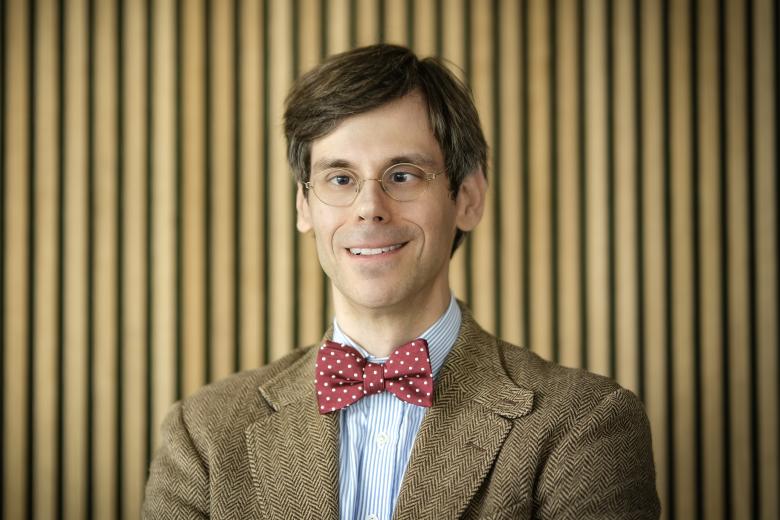Investing in education and in the people running it
Extra money: simply divvy it up or find a special use for it? The Executive Board and the deans did not have to think long when the question arose recently. Setting it off was a message from the Ministry of Education, Culture and Science “that in the supplementary budget 2014 a substantial adjustment in the resource allocation 2014 and subsequent years is to be expected based on the number of students”. In short: there are more students in higher education than were previously estimated and thus higher education institutions will receive more money. In UM’s case around 4 million euros for 2014.
Relief for the staff
It was never a question whether extra funds were to be transferred to the faculties. Signals of increasing work stress on the staff, in time affecting the quality of our education, are being taken seriously by the UM leadership. But it hasn’t always been possible to act on them. If the means exist to provide relief for the staff while strengthening the quality of education, then they must be used! The Executive Board and deans have therefore agreed that the faculties will use the extra funds specifically on extra personnel and investments in education.
Growth
Investing is currently a hot topic within UM management circles. Thanks to our achievements in the past and due to our partners’ willingness to co-invest (e.g. the Province of Limburg), if circumstances remain unchanged, the institution will have the resources (also drawing on reserves) to finance well-reasoned, selective growth. With investments in staff, the enrichment of our educational offering and innovation in research, UM will be able to expand its position. And this will clearly be necessary if the institution wants to maintain its position within higher education. Almost all Dutch and many foreign universities have indeed shown the willingness to make large investments in the coming years.
An innovative and robust UM will also prove beneficial to the region. And our students and staff can profit from many new possibilities. This can in turn also help curb the workload.
-
The Need to Constantly Revisit Our Understanding of ‘Ownership’
On 12th November 2025, the Maastricht European Private Law Institute (M-EPLI), together with the Research Project “Revocable Properties”, organised a Roundtable on 'Novel and Recurrent Challenges in Ownership’, in which, next to more general-theoretical property questions, more in particular the...

-
Known Unknowns: A Macro-Meso-Micro Socioeconomic Approach to Uncover the Dark Number of Victims of Human Trafficking for the Purpose of Labour Exploitation
These last few weeks, Minister Paul of Social Affairs and Employment of the outgoing cabinet has been in the news for unilaterally deciding no longer to gradually phase out the Dutch regulation that allows temporary employment agencies to deduct a quarter of the minimum wage from migrant workers...

-
Sexual safety, the budget, and the final MUMC+ proposal
Dear members of the UM Community,
As the year approaches its end, the University Council can look back on a busy period. Our new members are becoming more and more familiar with the work of the Council and are making excellent contributions. Over the past few months, we have focussed on a range of...

